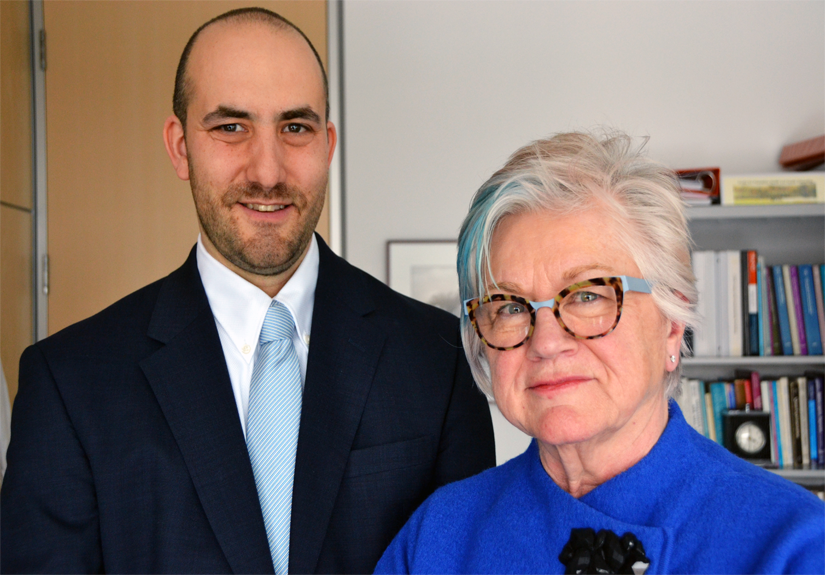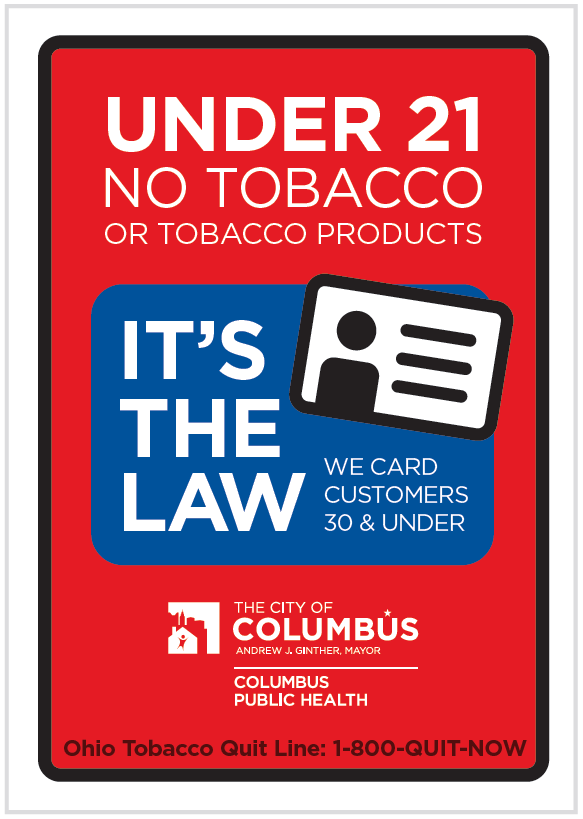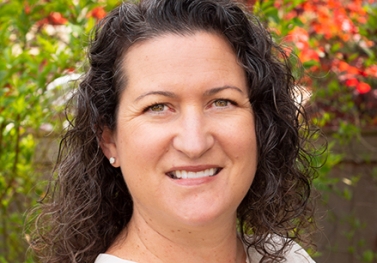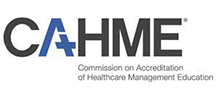Columbus recently passed a law known as Tobacco 21, which raised the legal age to purchase tobacco products from 18 to 21.

Micah Berman, JD, and Mary Ellen Wewers, PhD, MPH, were some of the leaders who helped Columbus enact the law known as Tobacco 21.
Associate Professor Micah Berman, JD, and Professor Emerita Mary Ellen Wewers, PhD, MPH, helped lead Columbus’s Tobacco 21 campaign, making Columbus the sixth city in Ohio to adopt the ordinance.
“I worked with city council and the health department to talk through more of the specifics of what a law could look like, some of the legal issues and some of the implementation issues,” says Berman, who holds a joint appointment with Ohio State's Moritz College of Law and CPH. “A big issue with public health laws in general, including Tobacco 21 laws, is that you want to do more than just pass a law; you want to make sure there’s a plan for putting the law in place and making sure it’s enforced and working.”
Berman co-authored a white paper that helped inform the law with Robert Crane, MD, clinical professor of family medicine at Ohio State and president and founder of the Preventing Tobacco Addiction Foundation, and Natalie Hemmerich, JD, MPH, staff attorney at Public Health Law Center who was a postdoctoral fellow in CPH’s Center of Excellence in Regulatory Tobacco Policy at the time.
Published by CPH in 2015, the white paper detailed how raising the minimum age for sales of tobacco products would be effective in improving health and have minimal economic consequences to retailers.

Photo courtesy of Columbus Public Health
While Berman and his colleagues helped orchestrate the law, Wewers played an integral role in developing the rules to implement the law as a member of the Columbus board of health.
“We’ve seen results in other cities across America that are promising; youth initiation rates of tobacco use do go down," Wewers says. "Our hope and goal is, with this policy in place, we will see less uptake of tobacco products among our adolescents.”
Other leaders in this initiative were Crane, the Columbus board of health, Councilwoman Priscilla R. Tyson, and former Columbus Health Commissioner Teresa Long, MD.
Advocates believe the Columbus law is the strongest in the nation and will serve as a model because of its unique enforcement component. Under the law, inspections will be conducted at licensed locations and civil fines will be issued as a penalty of violation. Repeat violators can have their licenses suspended or revoked.
It will take years to see the effect of Tobacco 21, which took effect in October, but Wewers has hope that the legislation will have a positive impact.
“If you can stop kids from starting, the chances are that by age 21 or later we’ll see far fewer people addicted to tobacco products," she says. "It’ll have huge benefits for society, from a health perspective and economic perspective.”











